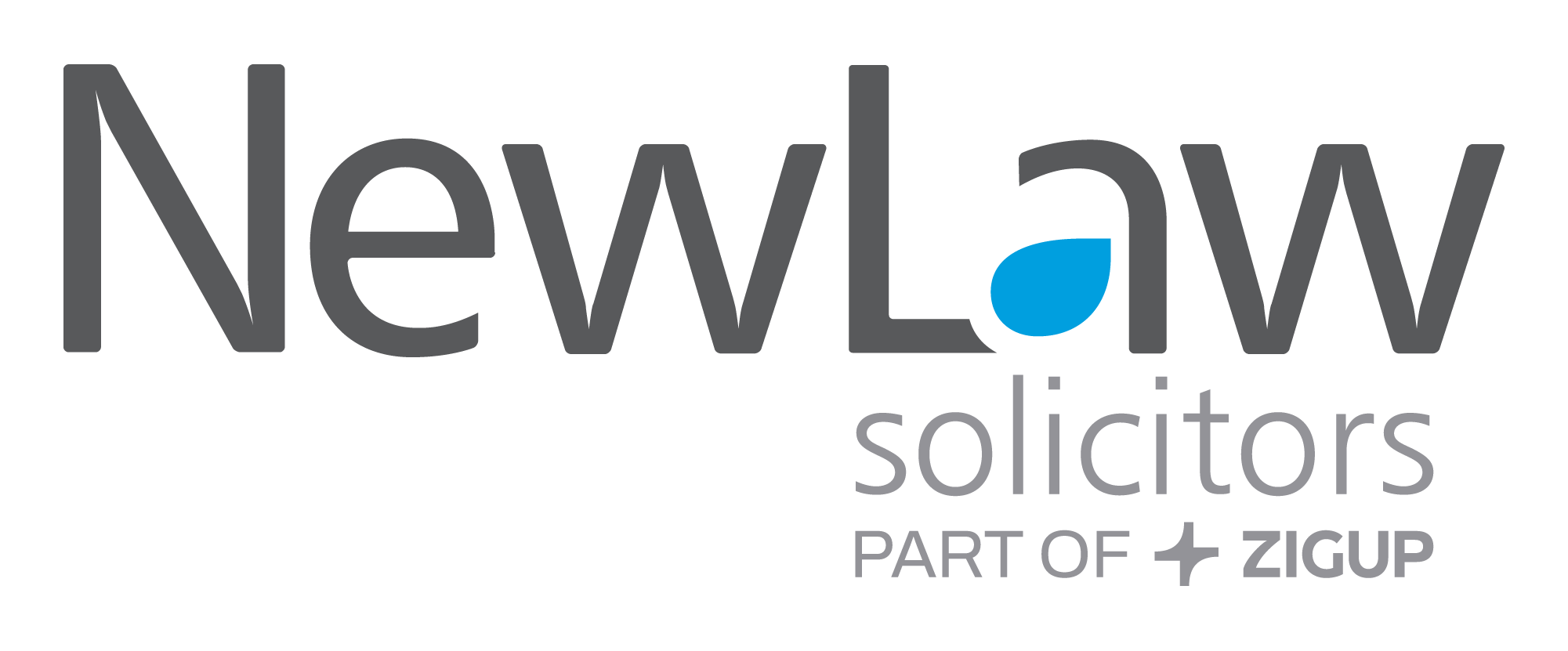Brain Injury
Claims FAQs
Brain Injury Claims FAQs
Many of our clients have similar concerns and questions regarding Personal Injury Claims. We've used our years of experience to answer many of the common queries below.
What are the symptoms of a brain injury?
The symptoms of brain injury are many and varied. How the injury affects someone depends on which part of the brain is injured and how severe the injury is. It also depends on the individual themselves. However, some of the more common symptoms are as follows:
- memory problems;
- fatigue;
- cognitive problems;
- behavioural problems;
- motivation problems;
- physical problems
- speech problems;
- motor function difficulties;
- paralysis;
- impaired social skills.
It may take many years for the effects of an injury to the adolescent brain to become fully apparent. If the brain is injured before the developmental milestones have been achieved, then it may not be until the brain has fully matured, and that we can fully appreciate the extent of any deficit that exists.
What are the time limits for making a claim?
As a general rule to make a claim for personal injury compensation in England, Wales and Scotland, you have 3 years from the date of the accident to pursue a claim. If the claim is not settled or Court Proceedings issued by the 3rd anniversary then your claim may be lost forever, or statute barred (out of time). There are, however, certain exceptions to this:
- In England and Wales, if the injured party is under the age of 18 at the time of the accident the 3 year time limit does not start running until they reach the age of 18 .
- If the person does not have the mental capacity either before or as a result of the accident, the 3 year time limit does not begin to run until they regain the capacity to bring a claim. Issues regarding capacity are complicated and we would be happy to speak to you in detail on this point.
- There are certain types of cases where a claimant may not be aware that they have suffered an illness or injury until some period of time later. For example, it may take more than 3 years for any symptoms to appear. In those types of situations, the time limit does not start to run until the date you are aware (or should have been aware) you have sustained an injury, such as being told about it by your doctor. As this is a complex subject, it is best to seek professional advice from your solicitor.
- If your case involves a claim under the Motor Insurers Bureau (MIB) Untraced Drivers Agreement, then you need to have the completed application form with the MIB by the third anniversary of the accident. However if your claim includes a claim for compensation for damage to property, then the application needs to be with the MIB within 9 months of the date of the accident, whether or not the claim includes personal injury as well.
- Injuries sustained as a result of a criminal act and where a claim is made to the Criminal Injuries Compensation Board (CICA claims), then a limitation period of 2 years applies. The same exceptions apply in relation to those under the age of 18 at the time of the injury and those lacking capacity. There may also be other exceptions where the consequence of the assault is not discovered until after the 2 year period has expired.
- Accidents that occur abroad will be the subject of a variety of different time limits, which can be as short as a year. The sooner you contact us the better, so we can identify the appropriate time limit and give you the best chance of successfully pursuing your claim.
What if I can’t return to work after my accident?
Financial compensation will aim to compensate you for any loss of earnings, if you are unable to return to your previous employment as a result of your injuries. However our specialist welfare team can also assist you with finding new employment after a period away from work or help find a way of retraining for a new career. Our employment law team are available to discuss options should you have any problems with your employment.
If you are suffering financially as a result of the accident, we may be able to secure an interim payment from the insurer of the third party. An interim payment is an advance payment of part of your damages which the offender’s side may be liable to pay. These interim payments can fund rehabilitation recommendations and also aim to ensure that you avoid any financial hardship as a result of the accident.
If an interim payment cannot be made, the NewLaw welfare team can put you in contact with various agencies (such as unions or charities) to assist you with meeting your financial needs. Our team at NewLaw can also provide information and can help you in applying for state benefits that you may be entitled to, such as employment and support allowance.
How do I arrange for rehabilitation?
Depending on the circumstances of your case, NewLaw’s specialist Welfare team will meet with you, to give you and your family information and emotional support following a serious accident. If you required hospital admission due to the accident, a member of our welfare team can visit you at the hospital, liaise with hospital staff to facilitate a safe and appropriate discharge, and ensure that you will have access to all the services that may be of assistance to you from the NHS and your local authority.
At NewLaw we are committed to securing the best outcome for each of our clients by working with all the professionals involved to maximise the impact of early intervention. Our team will arrange for a needs assessment to be carried out as soon as possible by a qualified individual. They will recommend a programme of rehabilitation, which will cover the relevant areas such as:
- physiotherapy;
- hydrotherapy;
- psychological input;
- speech and language therapy;
- case management;
- occupational therapy, e.g. assessment of accommodation and equipment needs.
Can I arrange for additional help?
We understand that you may need specialist care following a brain injury, therefore depending on the circumstances of your claim for compensation, we can put in place a comprehensive rehabilitation plan suitable for your individual needs.
We will start by discussing with you what assistance you may need; we can then arrange for an experienced and knowledgeable specialist practitioner (a case manager) to visit with you to discuss. Our case manager can also recommend practical support and assistance; for example, it may be that following the brain injury that you may need assistance with household tasks. Also, if you are unable to drive as a result of your injuries, the case manager may suggest that a taxi account be set up in order to ensure that you can still get around and attend appointments.
NewLaw’s team of specialists, where appropriate will then be appointed to oversee the implementation of the case plan, ensuring that appropriate local agents are all put in place and will ensure the smooth running of a care plan for you. Your needs will often change over time and the case manager will keep your requirements under review and ensure that you are getting the best help possible.
I’m claiming on someone else’s behalf, who do I manage their financial affairs?
For more advice and guidance on appointing a Deputy, please visit our Court of Protection – Deputyship page.



